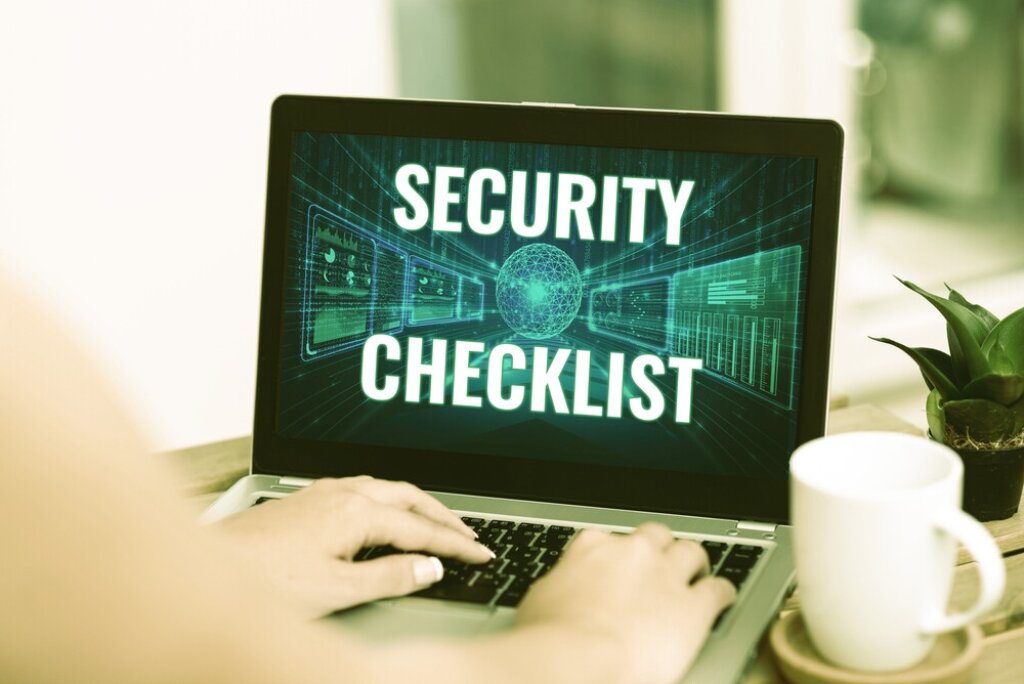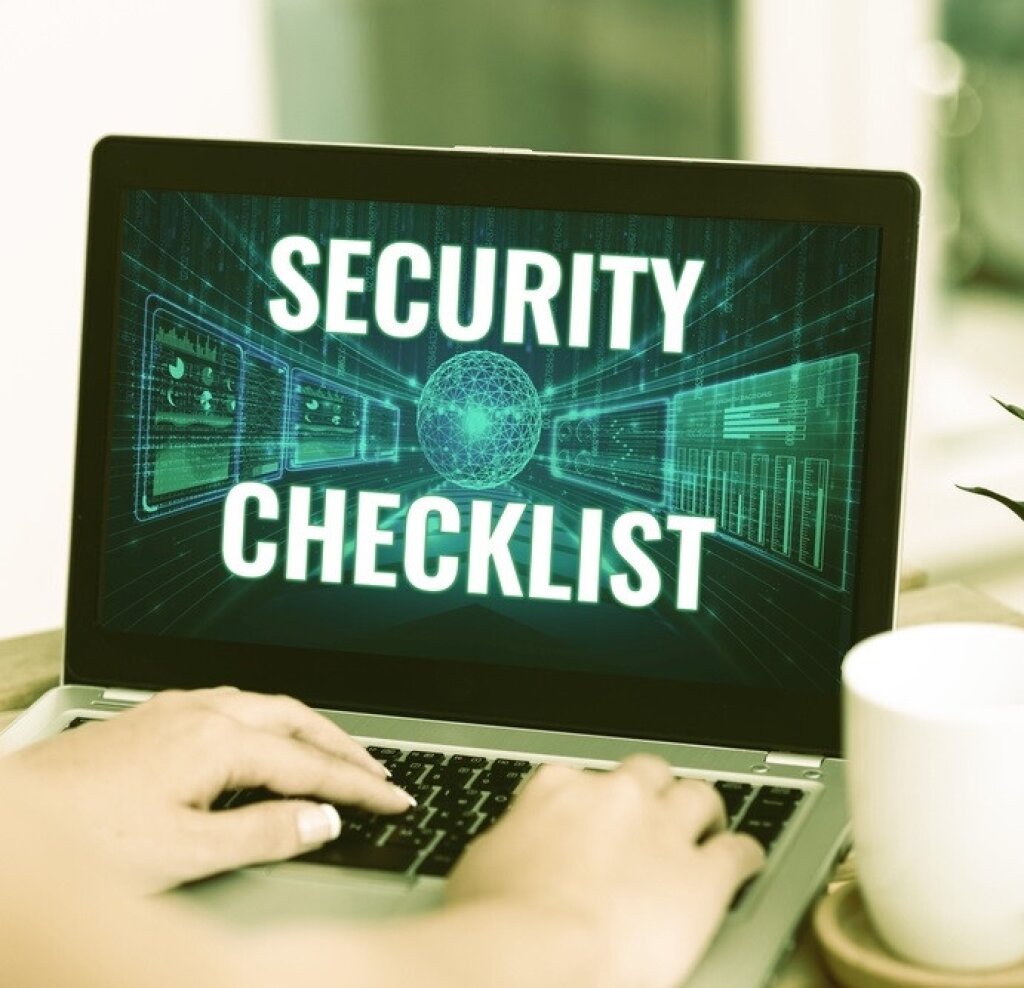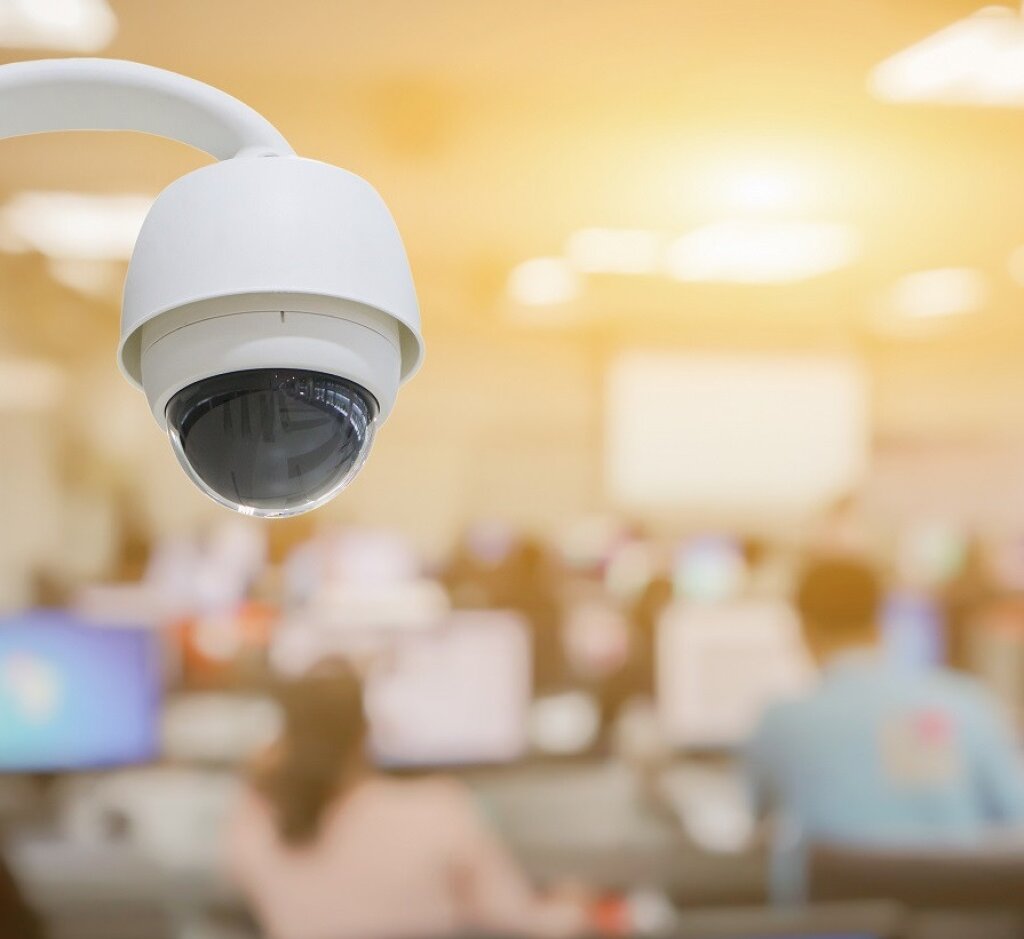GDPR Compliance and Security Solutions
The General Data Protection Regulation (GDPR) has fundamentally reshaped how organisations handle personal data, imposing stringent requirements on privacy and security. For businesses and public sector organisations, including those dealing with surveillance and body-worn cameras, navigating the complexities of GDPR while ensuring data security requires an integrated and strategic approach.
In this article, we explore various GDPR compliance solutions, focusing on surveillance data management, body-worn camera compliance, public sector data protection and security platforms designed to simplify compliance processes.

First Step: Compliance Assessment Checklist
Conducting a comprehensive assessment of GDPR compliance is necessary to ensure that personal data is handled in accordance with regulations.
Review all aspects of data collection, storage, processing and transmission. Identify potential risks associated with non-compliance and evaluate current policies and procedures.
Your assessment should take into account the responsibilities of employees, contractors and third-parties who have access to personal data. It is also crucial to check that technical measures are in place to safeguard sensitive information.
GDPR Compliance Solutions
Organisations across sectors must align their data management practices with GDPR requirements. Failure to comply can result in penalties, fines and reputational damage. GDPR compliance solutions often focus on the following areas:
Data Encryption and Anonymisation
GDPR mandates that personal data be encrypted or anonymised wherever possible, especially when transferred or stored. Tools that automate encryption for personal data across networks and devices play a pivotal role in maintaining compliance.Access Control and Auditing
To prevent unauthorised access to sensitive data, businesses must implement robust access control mechanisms. Solutions often include multi-factor authentication (MFA), role-based access control (RBAC) and detailed auditing capabilities that track access and modification of data in real-time.Data Breach Response Tools
GDPR requires organisations to report data breaches to supervisory authorities within 72 hours. Compliance platforms are designed to detect, investigate, and report incidents swiftly, reducing the risk of non-compliance.
Surveillance Data Management
With the growing use of surveillance systems, managing the vast amounts of data generated by cameras has become a critical issue. For GDPR compliance, organisations must ensure that footage containing personal data is handled appropriately.
Data Minimisation
GDPR emphasises the principle of data minimisation, meaning that only necessary personal data should be collected and retained for as long as needed. Surveillance systems can implement features like motion detection or facial recognition masking to limit the amount of personal data captured and stored.Retention Policies
Automated retention and deletion systems ensure that surveillance data is not kept beyond its legally allowable period. GDPR stipulates that personal data must not be retained longer than necessary, and automated tools that delete footage after a defined period can help ensure compliance.Data Security in Transit & Storage
Encryption of footage both in transit and storage is essential. Surveillance data management solutions include built-in encryption features that protect video footage from unauthorised access, ensuring that any personal data captured by cameras remains secure.
Body-Worn Camera Compliance
Body-worn cameras, particularly in law enforcement and public sector roles, present unique challenges for GDPR compliance. Body-worn devices record interactions that may capture personal data, requiring strict measures to protect privacy while maintaining security.
Real-Time Data Redaction
Many body-worn camera solutions now offer automatic real-time redaction, blurring faces or other identifying details to prevent unauthorised data exposure.Consent Management
When body-worn cameras are in use, obtaining consent for recording in certain scenarios is critical. Solutions must ensure that operators are trained and equipped to handle consent issues on the spot, particularly in sensitive areas where privacy rights could be compromised.Access Control and Encryption
Footage from body-worn cameras must be encrypted and accessible only to authorised personnel. Encryption ensures that the data remains confidential and can only be accessed for lawful purposes, such as legal proceedings or internal investigations.
GDPR Monitoring Tools
Comprehensive GDPR compliance requires continuous monitoring of data handling practices. Organisations can leverage a range of GDPR monitoring tools designed to track, audit and report on data processing activities.
Data Flow Mapping
GDPR monitoring tools enable businesses to map their data flow across systems and devices. Mapping ensures transparency in data processing, helping organisations pinpoint areas of risk and ensure that personal data is always handled appropriately.Automated Auditing
Regular auditing of data processing activities is a key component of GDPR compliance. Automated audit tools provide continuous assessments, generating reports on who accessed personal data, when, and for what purpose. These tools help ensure ongoing compliance without manual intervention.Incident Response and Breach Detection
GDPR monitoring solutions often come with built-in breach detection features that alert organisations when a potential data leak or unauthorised access occurs. By catching incidents early, businesses can mitigate the damage and meet GDPR reporting requirements.
Public Sector Data Protection
For public sector organisations, ensuring GDPR compliance is critical, especially given the sensitivity of the data they handle. Public services like law enforcement, housing associations and healthcare providers are particularly vulnerable to data breaches, making secure and compliant data practices essential.
Data Privacy in Law Enforcement
Law enforcement agencies often process vast amounts of personal data, including sensitive information related to criminal investigations. Implementing GDPR-compliant practices like pseudonymisation, strong encryption and limited data retention ensures that this data is protected from misuse or unauthorised disclosure.Housing Association Compliance
Housing associations collect personal data from tenants, applicants and staff. To ensure compliance, housing associations must establish secure systems for data storage and processing, implement privacy impact assessments, and maintain transparency with tenants regarding how their data is used.
Security Compliance Platforms
For businesses looking to streamline GDPR and security compliance, adopting an integrated security compliance platform offers numerous benefits. These platforms provide centralised control over data security, privacy practices and GDPR compliance efforts.
Data Security Integration
Security compliance platforms integrate tools such as encryption, access control and breach detection to ensure that personal data remains secure across the entire organisation.Compliance Automation
Platforms often automate GDPR-related tasks such as data deletion, encryption and breach reporting. Automation reduces the burden on IT teams and helps organisations remain compliant without constant manual oversight.Centralised Management
A centralised dashboard enables organisations to monitor all aspects of data security and GDPR compliance in one place, which streamlines processes and ensures that no compliance tasks fall through the cracks.
Conclusion: Streamlining GDPR
In today’s complex regulatory landscape, GDPR compliance is essential for ensuring data security and protecting individuals' privacy.
Whether dealing with surveillance data, body-worn cameras or public sector data protection, organisations must adopt tailored solutions that address their specific compliance needs.
By leveraging advanced tools such as data encryption, access controls and automated GDPR monitoring, businesses can streamline their compliance efforts and mitigate the risk of costly breaches.
Security compliance platforms, in particular, provide a comprehensive solution that helps organisations navigate the intricacies of GDPR while safeguarding their data assets.
Facit Redaction Solutions to Streamline GDPR Compliance
Managing data privacy for GDPR manually is time consuming, costly and prone to errors. Facit’s redaction (data masking) tools for documents and video, enable organisations to obscure sensitive data automatically to help them streamline GDPR compliance cost effectively.
Facit customers can respond to Subject Access Requests comfortably within GDPR deadlines and share data with third parties safe in the knowledge that the information is 100% GDPR compliant.
Related Articles
If you would like to learn more about Facit’s Video Redaction and Compliance products, fill in the form below and we will get in touch.



